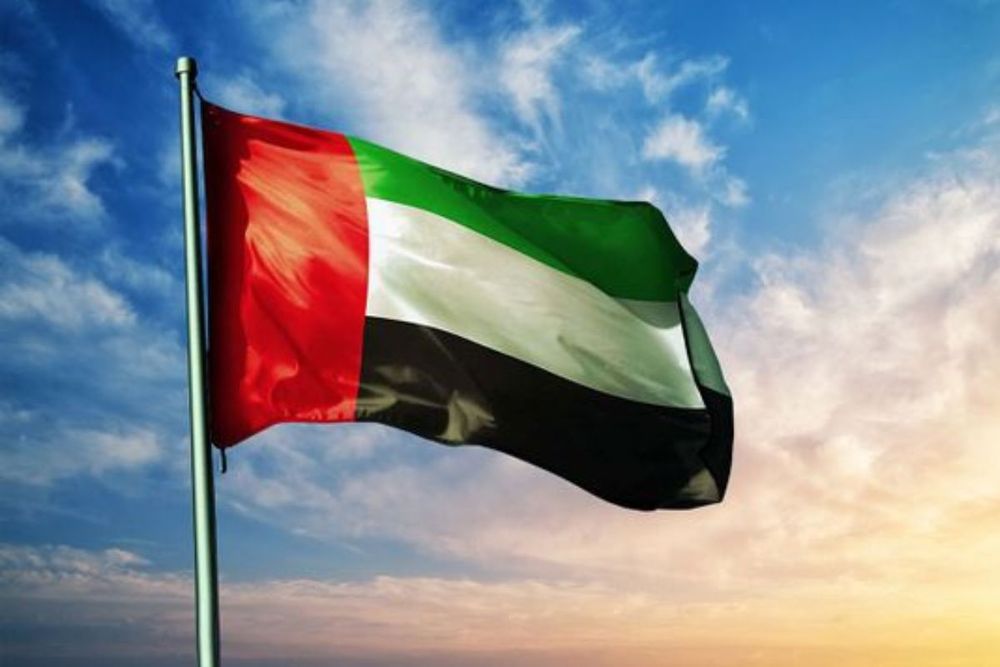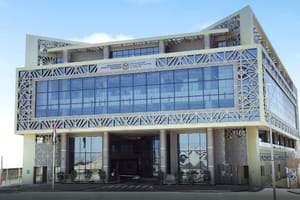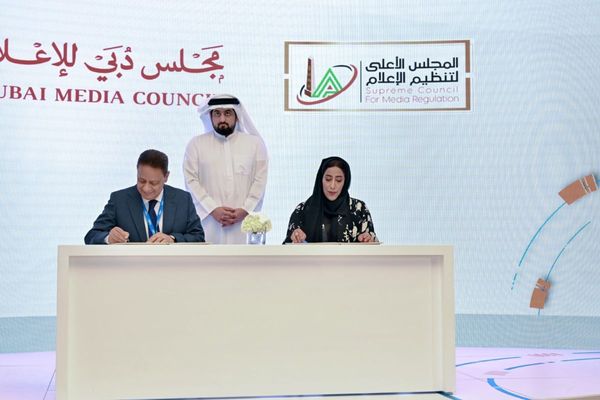The UAE economy is forecast to grow 3% in 2023 and 4% in 2024, driven by the non-oil sector, which is expected to benefit from strong growth in tourism, government initiatives, and technological advancements, according to S&P.
In statements, analysts at the credit rating agency underscored the UAE government's comprehensive implementation of economic and social initiatives over the past few years. These initiatives are strategically designed to set the stage for sustained, long-term economic expansion.
S&P analysts also anticipate continued growth within the UAE's robust tourism sector. The country's ability to host major international events is expected to play a pivotal role in achieving the UAE's ambitious goal of attracting 40 million visitors by 2030, accompanied by plans to expand the number of hotel rooms to 250,000 during the same period.
Analysts expect the UAE banking sector to remain robust, with profitability improving beyond pre-pandemic levels due to rising interest rates. The Dubai real estate sector is also expected to become more flexible, with stable housing prices supported by strong demand.
Trevor Cullinan, sovereign ratings analyst at S&P, said that the UAE economy is expected to grow by 3% in 2023, driven by the non-oil sector. He added that the economy is expected to grow by 4% in 2024, supported by both the oil and non-oil sectors. Cullinan highlighted the key contributors to the country's economic growth, including oil and gas, wholesale trade, industry, real estate, construction, financial services, and tourism.
He expects that the non-oil economy will be bolstered by inflows of expatriates and tourists, as well as positive sentiment from investors, consumers, and the private sector. This is in line with the "We Are the Emirates 2031" vision, which aims to increase trade volume and the tourism share of GDP through cooperation between government agencies, institutions, and the private sector to advance the development process.
Cullinan pointed out that the UAE government has implemented a wide range of commercial and social initiatives over the past few years that are expected to drive long-term economic growth. These initiatives include allowing 100% direct foreign ownership in more than 1,000 commercial and industrial activities, introducing an insolvency law to help individuals facing financial difficulties reorganize their debts and borrow again on favourable terms, improving the UAE's competitiveness in terms of ease of doing business, introducing new visas, including the Golden Residence Visa, the Green Residence Visa, and multiple-entry tourist visas, which will attract skilled workers and tourists to the UAE.
Cullinan said that the UAE's recent initiatives to develop the yield curve denominated in the UAE dirham through the launch of treasury bonds and instruments denominated in the local currency will lead to the development of local capital markets and expand the sources of financing for UAE companies and banks.
He also noted that the UAE's implementation of the corporate tax system will contribute to diversifying government revenues away from the oil sector and modernising the business environment in the UAE.
Tatiana Lysenko, Lead Economist for Emerging Markets at S&P expected that the expansion of the tourism sector would support greater economic growth in the UAE. She noted that the Emirate of Dubai succeeded in attracting 14.7 million international visitors in 2022, double what was achieved in 2021. This indicates that the number of visitors may return this year 2023 to the peak of 16.7 million visitors in 2019. The Emirate of Abu Dhabi also attracted 4.1 million hotel guests in 2022, an increase of 24% from 2021.
Leskova expects the tourism sector in the UAE to continue growing, supported by the regular hosting of prominent events such as the Conference of the Parties to the United Nations Framework Convention on Climate Change (COP28). This growth is expected to help the UAE achieve its goal of increasing the number of visitors to 40 million by 2030, with the number of hotel rooms reaching 250,000 during the same period.
Leskova also expects the emirates of Abu Dhabi and Dubai to remain at the forefront of attracting business and tourism to the country, while other emirates such as Ras Al Khaimah and Sharjah are working to promote their tourism sectors. This will increase the diversification of tourism offerings in the country, especially since the Emirate of Sharjah is a showcase for Arab and Islamic culture and a safe family destination, while the Emirate of Ras Al Khaimah is known for its picturesque nature, entertainment activities, and authentic shows.
Tatiana Leskova expects the real estate sector in Dubai to show greater flexibility with expectations for housing prices to stabilize in light of strong demand. She also notes that Dubai's attractiveness for companies is evident through the increase in the number of new commercial licenses.
Mohamed Damak, senior director and global head of Islamic finance at S&P, said that the UAE banking sector remains strong, with profitability expected to improve and exceed pre-pandemic levels due to rising interest rates and technological advancements. He also expects the capitalisation of the UAE banking system to remain strong, supported by improved internal capital generation, good financing and liquidity conditions, and a strong net external assets position, which will protect it from the pressures of declining global liquidity and rising costs.
News Source: Emirates News Agency









